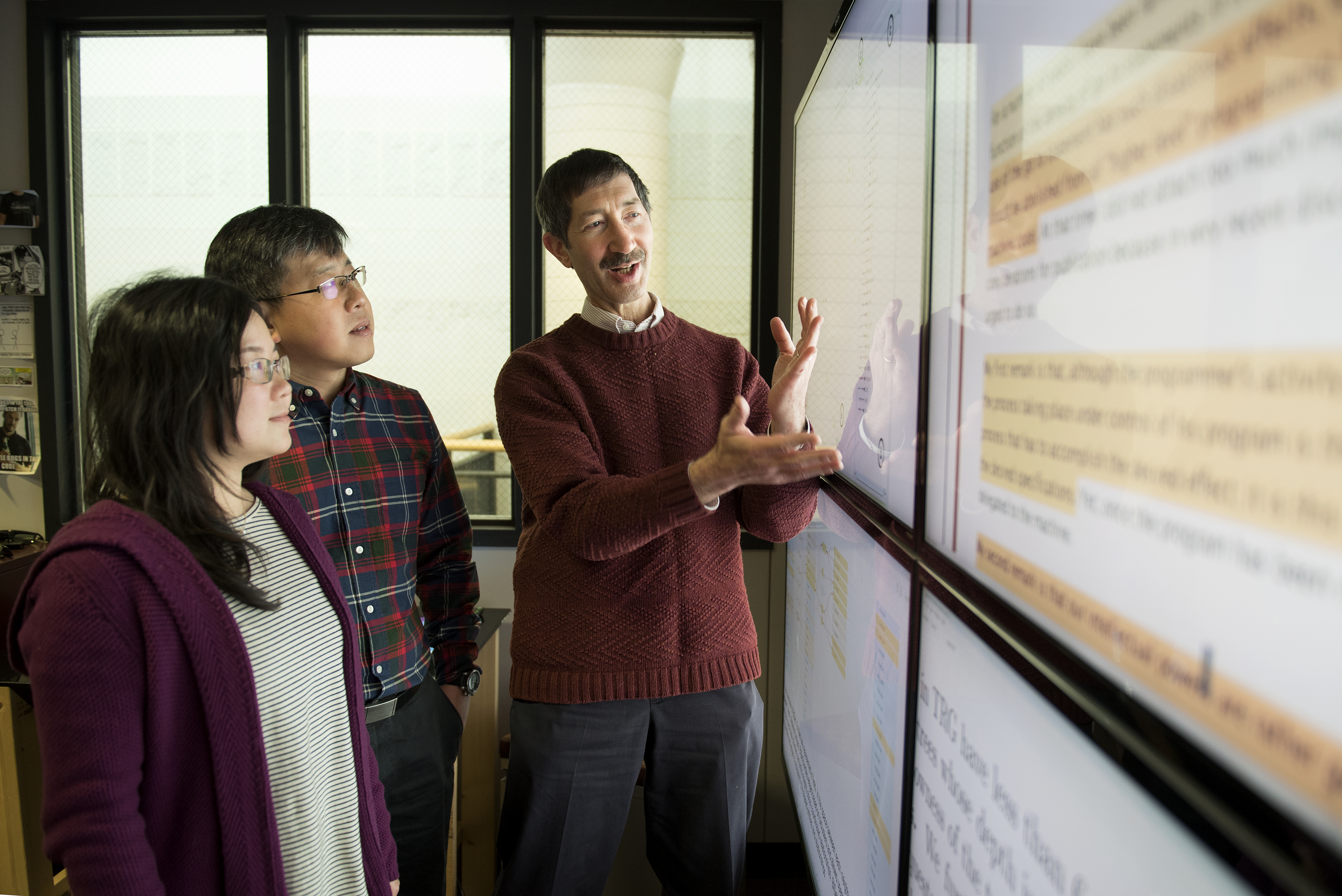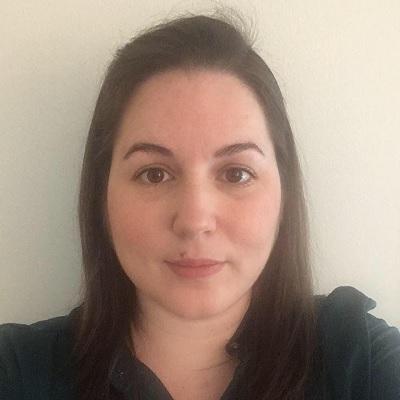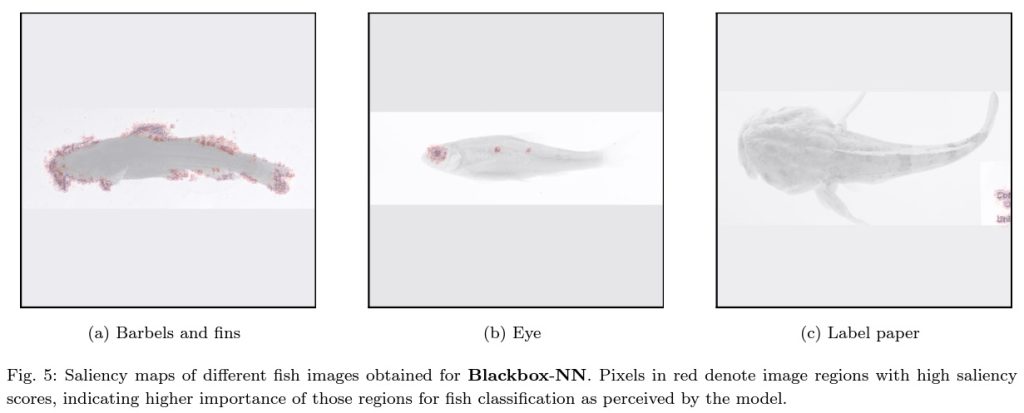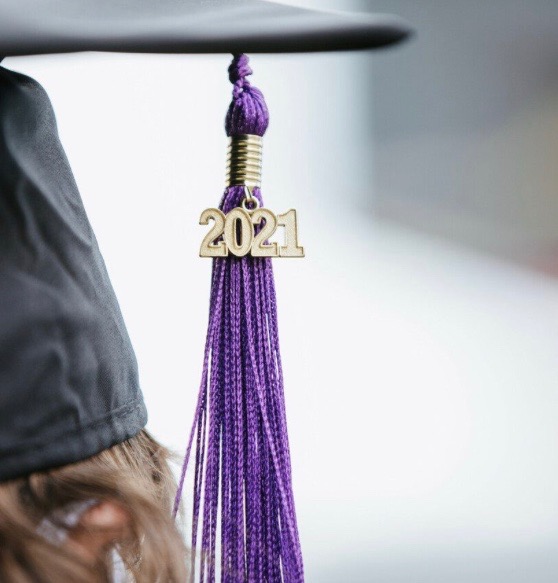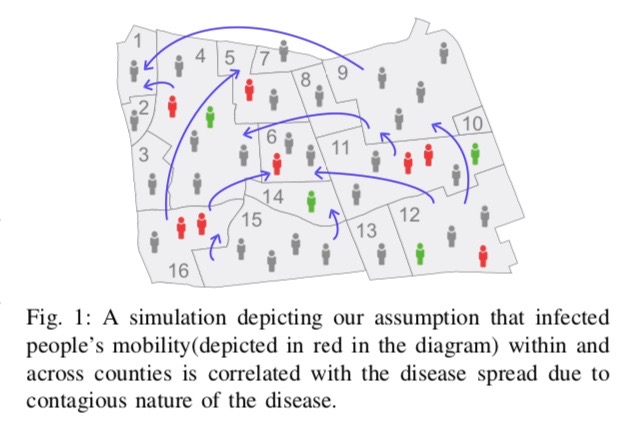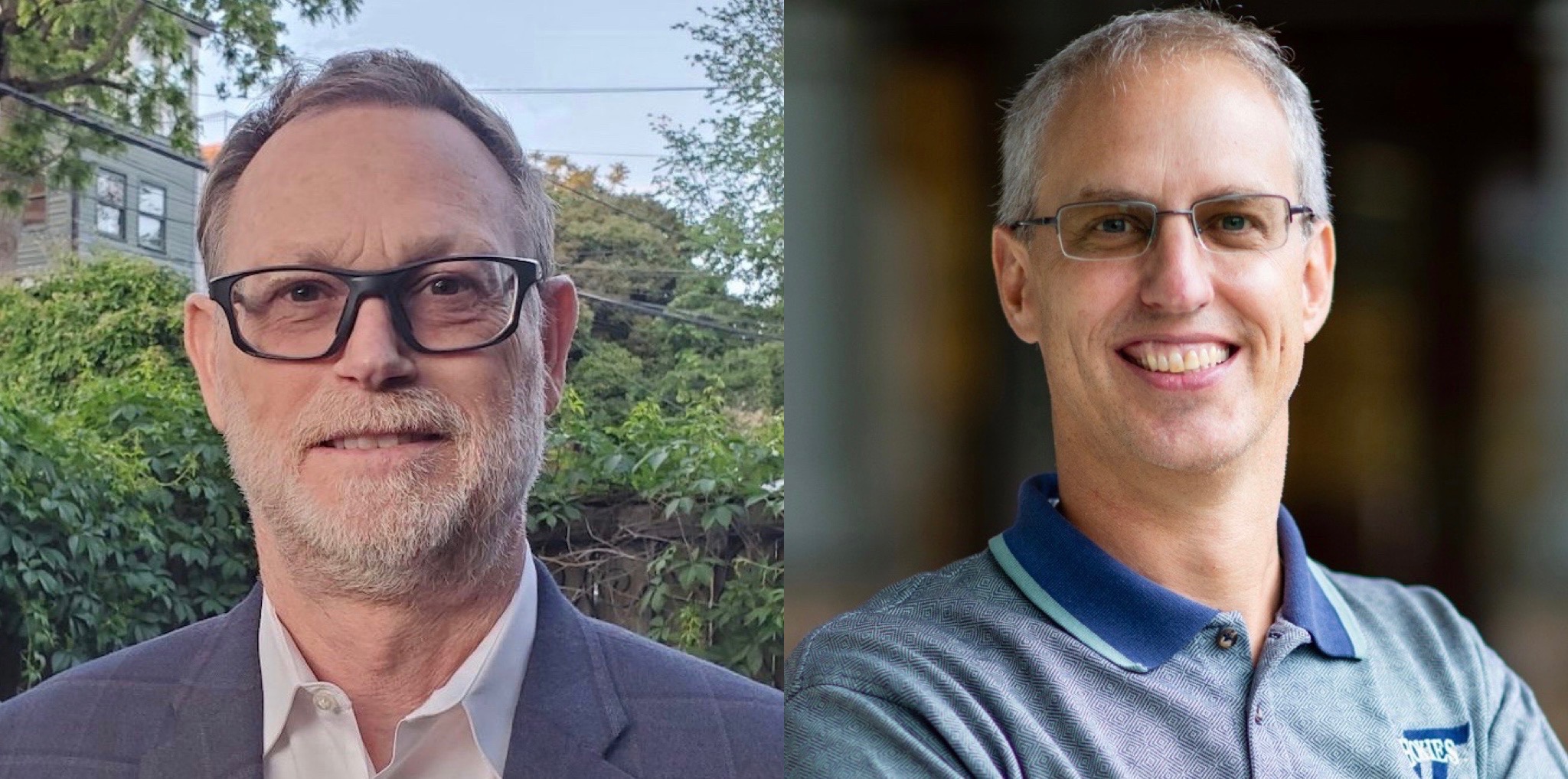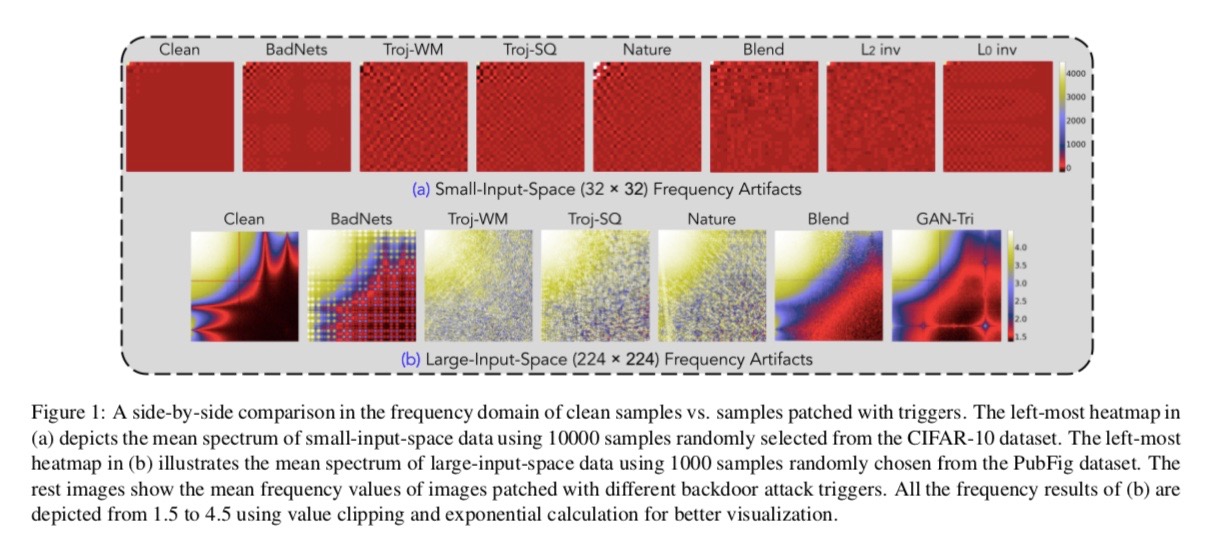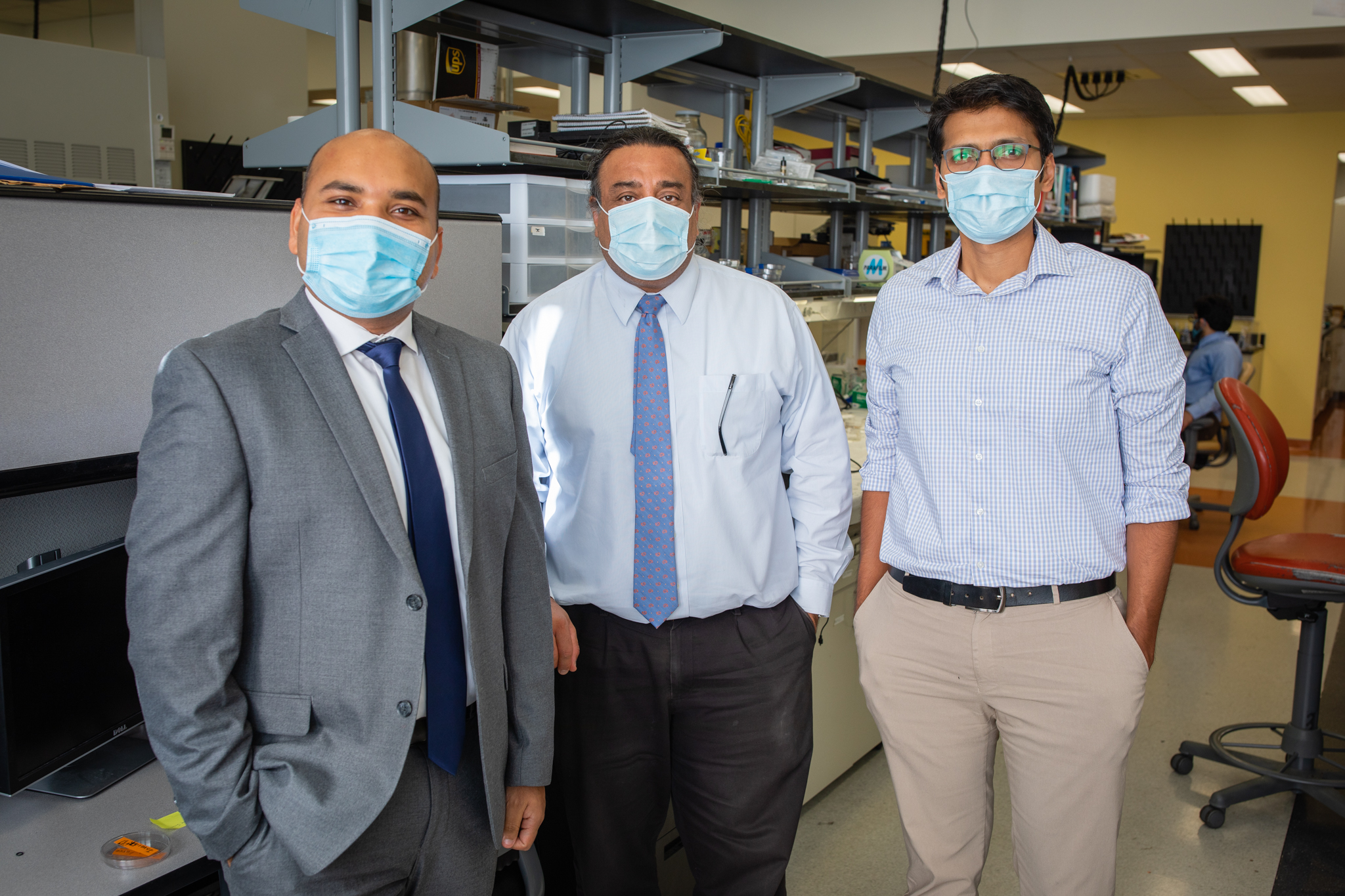Virginia Tech team selected as finalist in Alexa Prize SimBot Challenge to advance next-generation virtual assistants

A Virginia Tech team from the Sanghani Center for Artificial Intelligence and Data Analytics is one of 10 finalists chosen to compete in the Alexa Prize SimBot Challenge. The challenge focuses on advancing the development of next-generation virtual assistants that continuously learn and gain the ability to perform common sense reasoning to help humans complete real-world tasks.
“The SimBot should be able to understand the intention of a task as well as any instructions or feedback it receives from a user and interpret the environment to correctly predict what action is needed to complete it,” said Lifu Huang, assistant professor of computer science and faculty at the Sanghani Center. Click here to read more about how the team will tackle this challenge.
